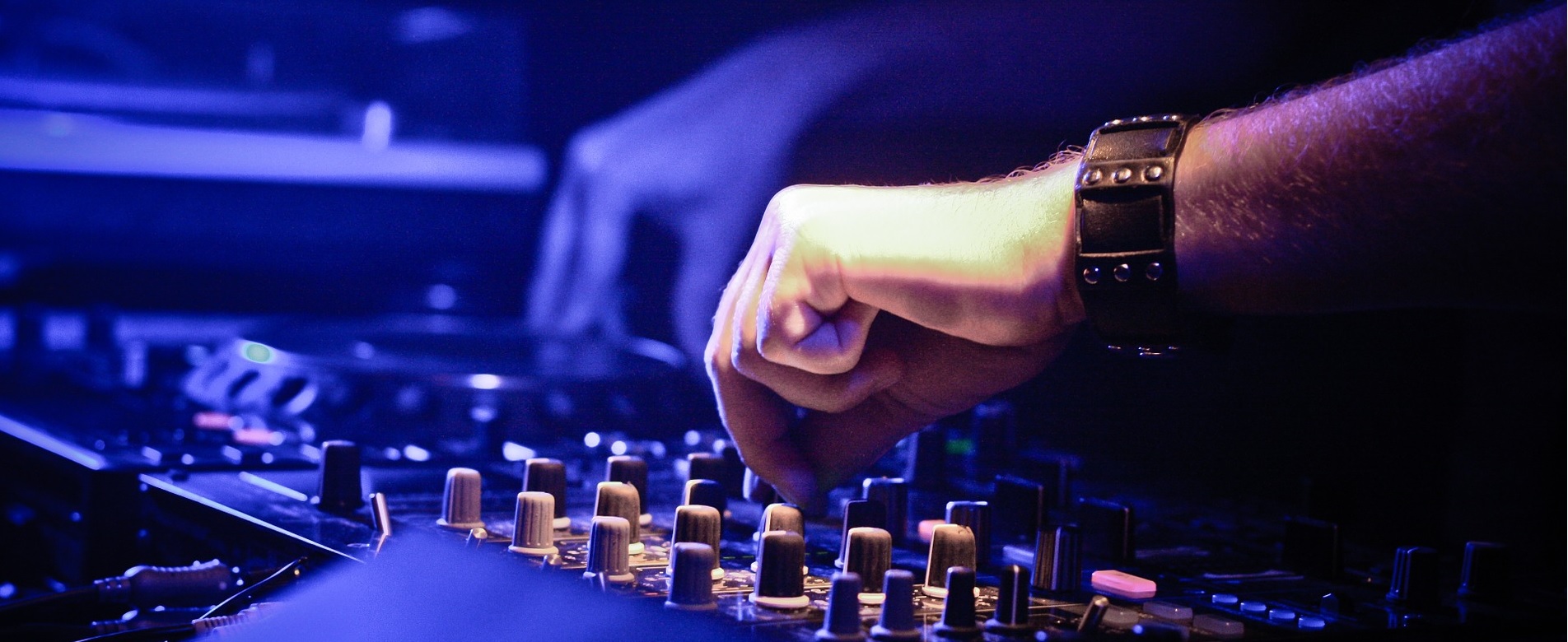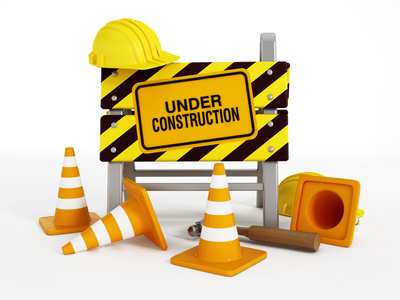Scuba Instruction – Why It Can Dramatically Improve Your Capacity To Dive Deep In Wide Open Waters
You will find that scuba training is just not something that anyone can do plus there are age limits depending on what country you are in. Many people are unaware of how difficult this type of training can be as it puts undue tension on the body and psychologically speaking, it can be aggravating to the mind. On the far end of the spectrum, it is possible to encounter an underwater emergency which you may not be able to handle. Another thing to consider is the fact that many people do die while diving. Despite that, most situations can be resolved and turn out okay. There is no substitute for proper training, re-certification if necessary and solid experience. That is why it is always important to plan your dives ahead of time, putting safety first above all else.
No matter what the term of your pregnancy, if you are thinking about doing scuba diving, you need to be aware of some medical concerns. First and foremost, no medical research has ever been done to test how a fetus will react to underwater diving conditions. So for that reason, no woman who is pregnant should ever dive. If you are like many millions of people that suffer from heart disease, you should be concerned before attempting this sport. Diving to great depths, if you have epilepsy, might be risky if a seizure ensues. Medical advice is always recommended, especially before you go on a dive of any sort. Once you have the green light from your doctor, not only will you feel safe, but you will know everything should go well for you when you are diving.
SCUBA training, and the certification process, can actually be done at your leisure and has no definite timetable. Your initial step is completing confined space dives in a pool, and then you will later be moved to the open waters to complete the rest of your training. The initial dives that you do, the confined space dives, must be completed in a swimming pool or equivalent body of water.
The first class that you need to get under your belt is the open water certification course. Once you have successfully passed this course, the next step is Advanced Open Water Diver Certification. The foundation of this course is the American international system for certification, which will not apply to you if you are from Canada or another country. The goal of Open Water certification is to successfully prepare you so that you can descend to a 60 foot depth while diving. Advanced certification gives you the techniques and ability to safely descend to 100 feet in the water. The depth that you will be experiencing while achieving your Advanced Certification demands certain standards of you not expected until this point.
A single most useful accomplishment a diver can learn is how to succeed buoyancy neutrally. We recommend that all divers learn this and PADI provides a class called the Peak Performance Buoyancy Course. As you float neutrally, you won\’t stay afloat or sink when you are under the water. For this reason skilled divers look so elegant underneath the water, and they will go swimming without the use of their arms. Your dives will be longer in terms of length when you are neutrally buoyant because you will use less gas/air. Being trained in this aspect is good and positive as a whole. Provided you have contemplated scuba training, then get going and make it become a reality. Keep in mind that for diving you need to make sure you are in good physical condition. After you are told you can train, then discover a school nearby that allows you to become certified. Examine the trainings carefully so you will be given the greatest education possible.
Regardless of where you go diving, you ought to get some holiday insurance because you don\’t know what\’s going to happen. That way you\’ll be liberated to appreciate your vacation, and not be worried about anything.
Leave a Reply
You must be logged in to post a comment.

 Forgive us but we are redoing our website. We will be back to normal shortly.
Forgive us but we are redoing our website. We will be back to normal shortly. Forgive us but we are redoing our website. We will be back to normal shortly.
Forgive us but we are redoing our website. We will be back to normal shortly.